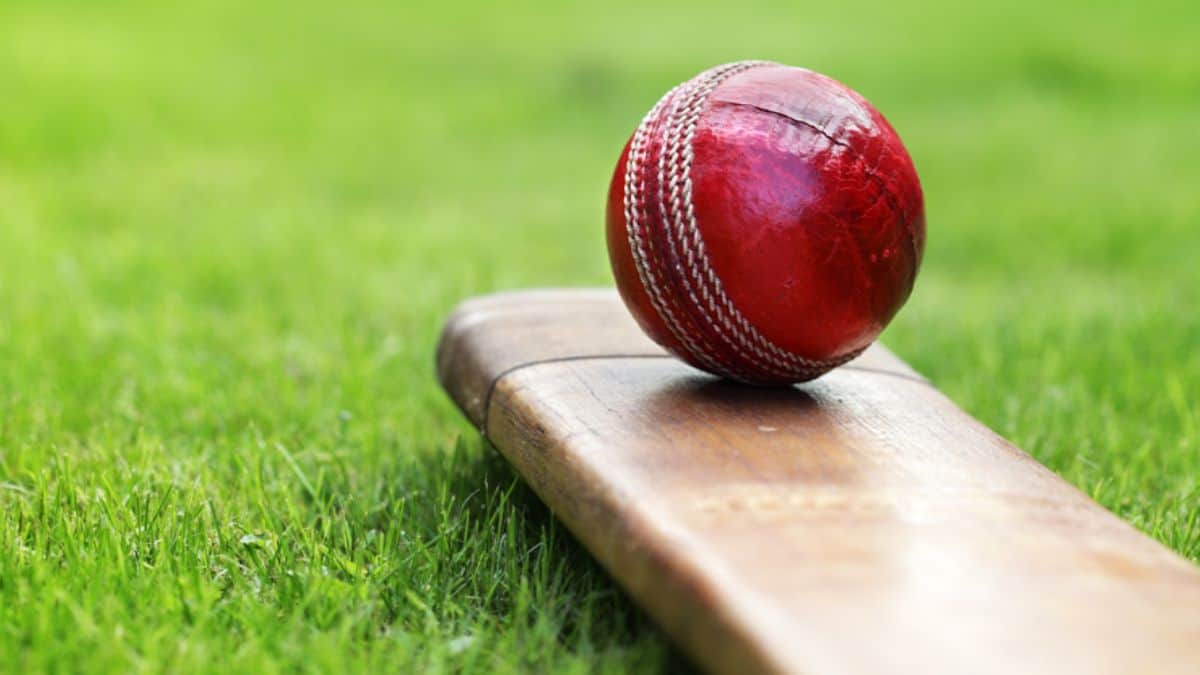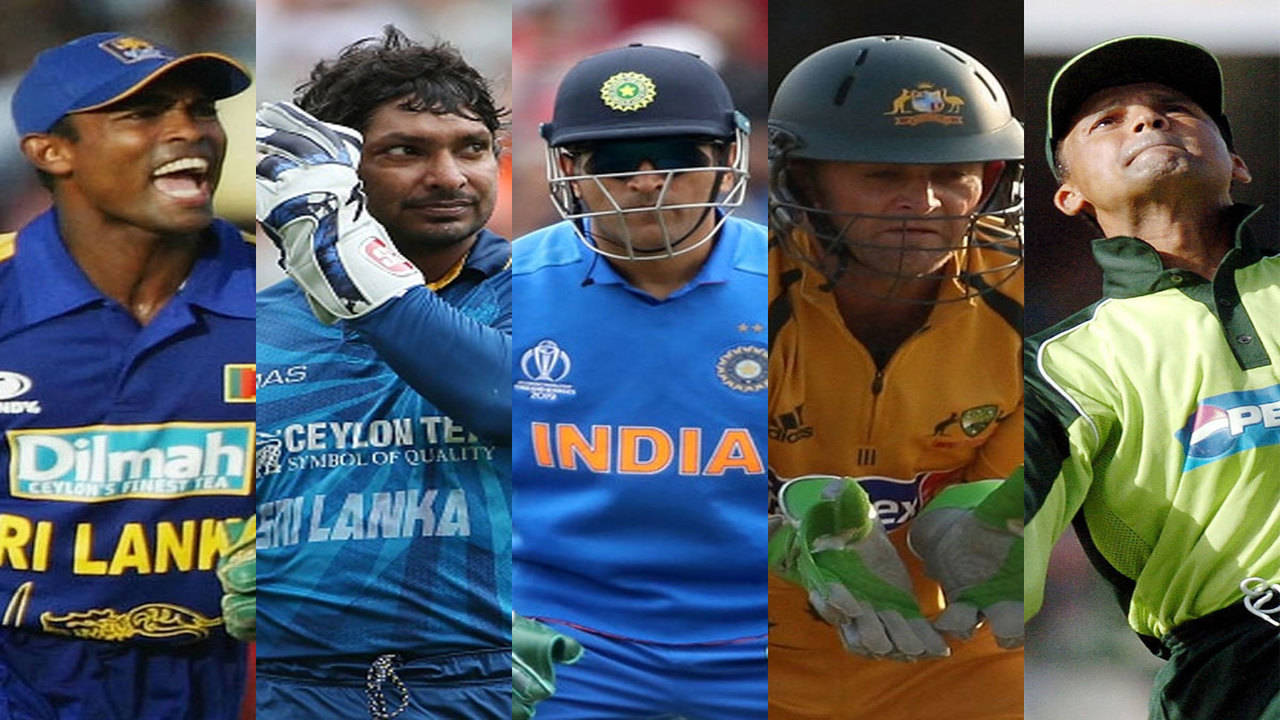How Many Runs Virat Kohli Scored In 2011 World Cup
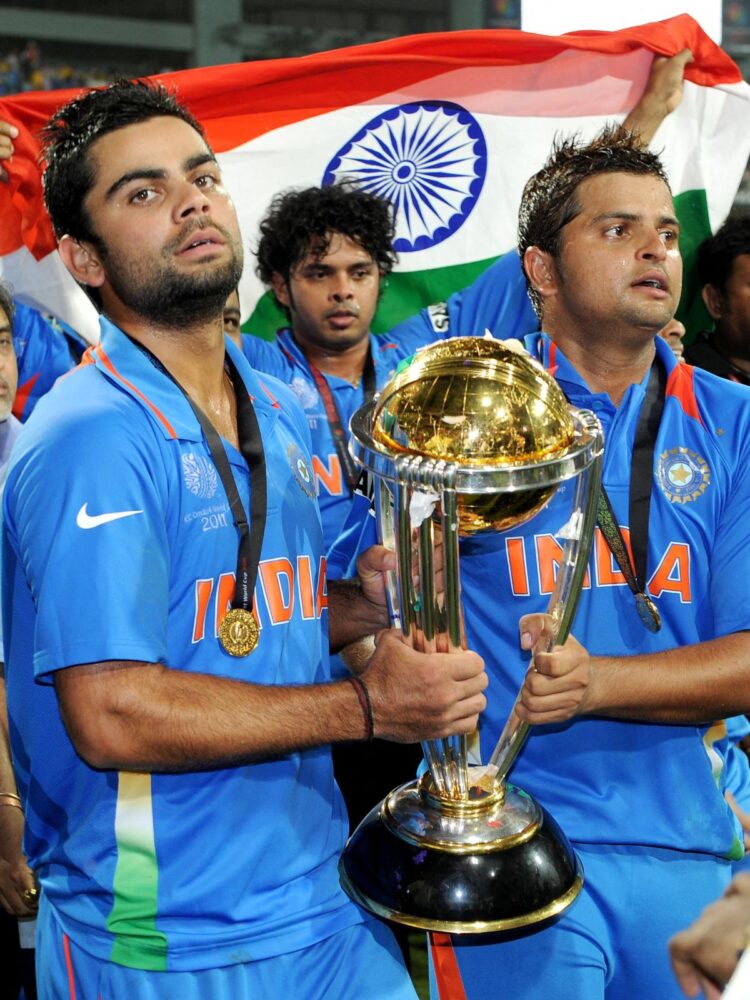
In the realm of cricketing history, certain performances stand out as defining moments, etching themselves into the collective memory of fans worldwide. The 2011 ICC Cricket World Cup witnessed the emergence of Virat Kohli as a force to be reckoned with, contributing significantly to India’s triumphant campaign. Throughout the tournament, Kohli’s batting prowess was nothing short of extraordinary, as he played pivotal roles in crucial encounters.
During the 2011 World Cup, Virat Kohli amassed a total of 282 runs from 9 matches at an impressive average of 35.25. Kohli’s contributions were instrumental in guiding India to the pinnacle of cricketing glory, culminating in a historic triumph in the final against Sri Lanka. His ability to anchor the innings and accelerate when needed showcased his versatility and maturity beyond his years.
Kohli’s standout performances included crucial knocks against formidable opponents, such as his match-winning 100* against Bangladesh in the opening game of the tournament and his composed 35 in the high-pressure semifinal clash against arch-rivals Pakistan. These innings underscored Kohli’s ability to thrive on the grandest stage and deliver when it mattered most.
Beyond the statistical accounts, Kohli’s impact on India’s World Cup triumph transcends numbers. His leadership on the field, astute cricketing acumen, and unwavering determination epitomized the essence of a true champion. Kohli’s contributions in the 2011 World Cup not only solidified his position as one of the premier batsmen of his generation but also cemented his legacy as a stalwart of Indian cricket.
As we reminisce about Virat Kohli’s exploits in the 2011 ICC Cricket World Cup, we are reminded of his indomitable spirit and insatiable hunger for success. Kohli’s performances in the tournament not only brought joy to millions of fans but also served as a source of inspiration for aspiring cricketers worldwide. In the annals of cricketing history, Kohli’s contributions to India’s World Cup triumph in 2011 will forever be celebrated as a testament to his unparalleled skill, resilience, and unwavering commitment to excellence.
Virat Kohli’s Performance in the 2011 Cricket World Cup
The 2011 Cricket World Cup holds a special place in the annals of cricket history, especially for Indian fans, as it marked India’s second World Cup triumph after a long wait since 1983. Among the many stellar performances that contributed to this victory, Virat Kohli’s role was particularly significant as he began to establish himself as a key player in the Indian cricket team.
Virat Kohli Biography

Virat Kohli was born on November 5, 1988, in Delhi, India, into a Punjabi family. His father, Prem Kohli, was a criminal lawyer, and his mother, Saroj Kohli, is a homemaker. From a young age, Kohli exhibited a keen interest in cricket. He started playing the sport at the age of nine, joining the West Delhi Cricket Academy, where he trained under Rajkumar Sharma.
Rise Through the Ranks
Kohli first came into the national spotlight in 2008 when he captained the Indian Under-19 team to victory in the ICC Under-19 World Cup in Malaysia. His leadership and batting prowess during the tournament earned him significant attention, leading to his inclusion in the Royal Challengers Bangalore (RCB) for the inaugural Indian Premier League (IPL) season in 2008.
International Debut and Early Years
Virat Kohli made his One Day International (ODI) debut for India on August 18, 2008, against Sri Lanka. Initially seen as a talented but raw prospect, he soon cemented his place in the Indian team with consistent performances. His Test debut came in June 2011 against the West Indies. Though he faced challenges adapting to the longer format initially, his tenacity and skill soon made him a mainstay in the Test team as well.
Breakthrough and Stardom
Kohli’s breakthrough year was 2011, highlighted by his crucial role in India’s World Cup-winning campaign. His century against Bangladesh in the opening match set the stage for India’s success. Over the next few years, Kohli’s aggressive batting style, coupled with his ability to chase down targets, earned him the reputation of a master chaser. His performance in the 2014 ICC World T20, where he was the highest run-scorer, further solidified his status as one of the best batsmen in modern cricket.
Leadership and Captaincy
In 2013, Kohli was appointed the vice-captain of the Indian team. His leadership qualities were evident, and in 2014, he took over as the Test captain from MS Dhoni. Under his captaincy, India reached new heights, achieving the number one Test ranking and notable series victories overseas, including a historic series win in Australia in 2018-19. Kohli’s aggressive and passionate approach to captaincy brought a new intensity to the Indian team.
Personal Life
Virat Kohli married Bollywood actress Anushka Sharma in December 2017 in a private ceremony in Italy. The couple welcomed their first child, a daughter named Vamika, in January 2021. Kohli’s personal life, particularly his marriage to Anushka, has often been in the media spotlight, but he has consistently maintained a focus on his professional commitments.
Records and Achievements
Virat Kohli’s career is adorned with numerous records and accolades. As of 2024, he has scored over 12,000 runs in ODIs and over 8,000 runs in Test cricket. He is the fastest player to reach 8,000, 9,000, 10,000, 11,000, and 12,000 runs in ODIs. Kohli has also won several prestigious awards, including the Sir Garfield Sobers Trophy for ICC Cricketer of the Year and the Rajiv Gandhi Khel Ratna, India’s highest sporting honor.
Philanthropy and Beyond Cricket
Off the field, Kohli is known for his philanthropic efforts. He established the Virat Kohli Foundation in 2013, which works towards supporting underprivileged children and promoting sports. Kohli’s business ventures include co-owning the FC Goa football team in the Indian Super League and launching his athleisure brand, Wrogn.
Legacy
Virat Kohli’s impact on cricket extends beyond his impressive statistics. His dedication, work ethic, and passion for the game have inspired a generation of young cricketers. As a player and a leader, Kohli has redefined the standards of excellence in Indian cricket, leaving an indelible mark on the sport globally.
Top Cricketers of the 2011 Cricket World Cup
1. Yuvraj Singh (India)
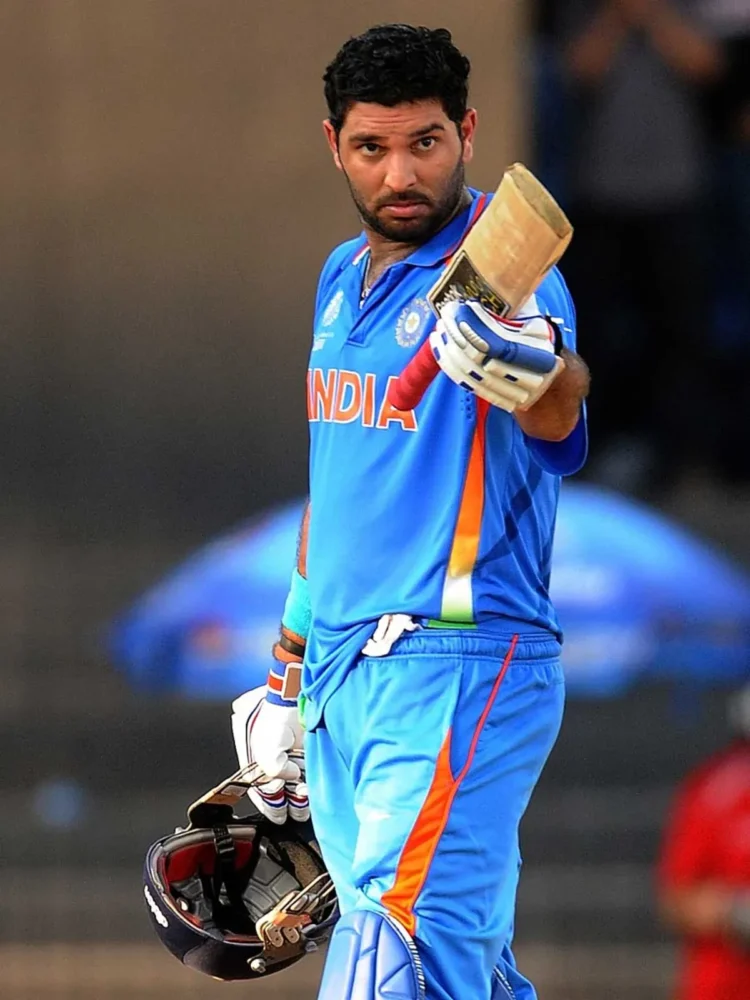
Yuvraj Singh was the undisputed star of the 2011 World Cup. His all-round performance played a pivotal role in India’s triumph. Yuvraj scored 362 runs at an average of 90.50 and took 15 wickets with his left-arm spin. He was awarded the Player of the Tournament for his exceptional contributions with both bat and ball.
Biography
Yuvraj Singh, born on December 12, 1981, in Chandigarh, India, is one of the most celebrated cricketers in Indian cricket history. From a young age, Yuvraj displayed immense talent and quickly rose through the ranks to represent India at the highest level. He made his international debut in 2000 and soon established himself as a dynamic left-handed batsman and a handy left-arm spinner. Yuvraj’s defining moment came during the 2011 Cricket World Cup, where his stellar all-round performance played a crucial role in India’s triumph.
2. Mahela Jayawardene (Sri Lanka)
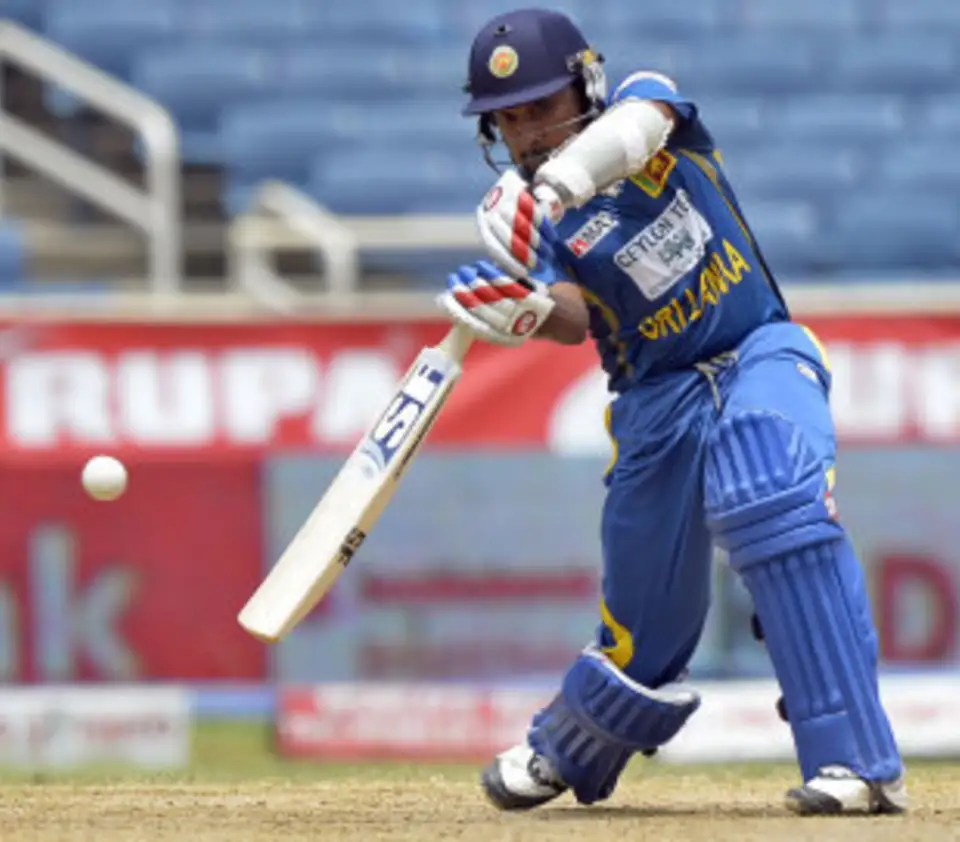
Mahela Jayawardene’s elegance and consistency were on full display during the 2011 World Cup. The Sri Lankan batting maestro scored 304 runs in the tournament, including a magnificent century in the final against India. Jayawardene’s innings of 103 off 88 balls showcased his class and helped Sri Lanka post a competitive total.
Biography
Mahela Jayawardene, born on May 27, 1977, in Colombo, Sri Lanka, is a cricketing legend renowned for his elegant batting and astute leadership. He made his international debut in 1997 and quickly rose through the ranks to become one of Sri Lanka’s most prolific run-scorers. With a stylish and technically sound batting technique, Jayawardene amassed over 10,000 runs in both Test and One Day International (ODI) cricket.
3. Kumar Sangakkara (Sri Lanka)
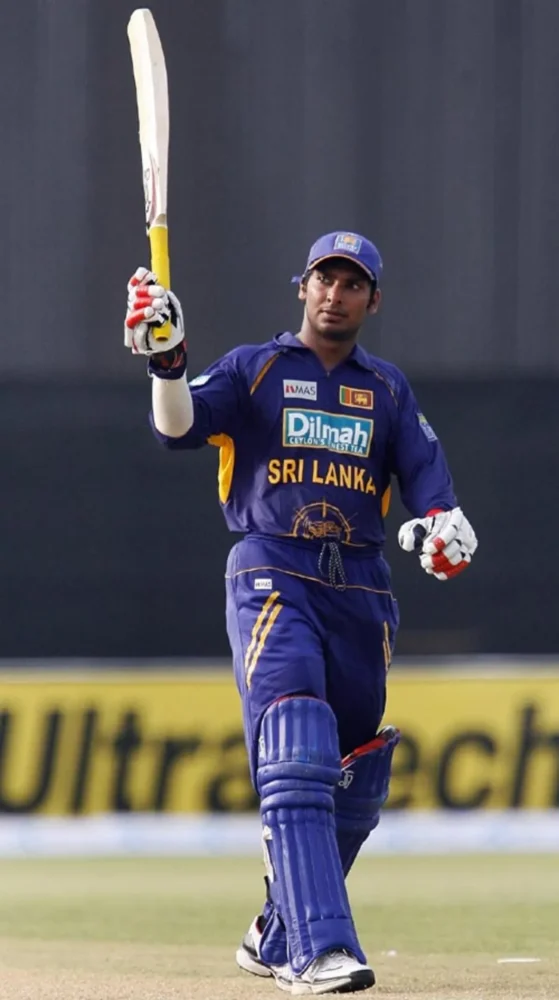
Kumar Sangakkara, the captain of the Sri Lankan team, led from the front with his exemplary batting and astute leadership. Sangakkara amassed 465 runs in the tournament, finishing as the second-highest run-scorer. His vital contributions were instrumental in guiding Sri Lanka to the final.
Biography
Kumar Sangakkara, born on October 27, 1977, in Matale, Sri Lanka, is revered as one of the greatest cricketers to emerge from the island nation. A stylish left-handed batsman and an astute wicketkeeper, Sangakkara’s career spanned over a decade and a half, during which he etched his name in cricketing history. Making his international debut in 2000, Sangakkara quickly rose through the ranks with his elegant stroke play and solid wicketkeeping skills. He held numerous records, including being the first cricketer to score four consecutive centuries in ODIs. Sangakkara’s leadership qualities were also evident as he captained the Sri Lankan team across all formats.
4. Sachin Tendulkar (India)
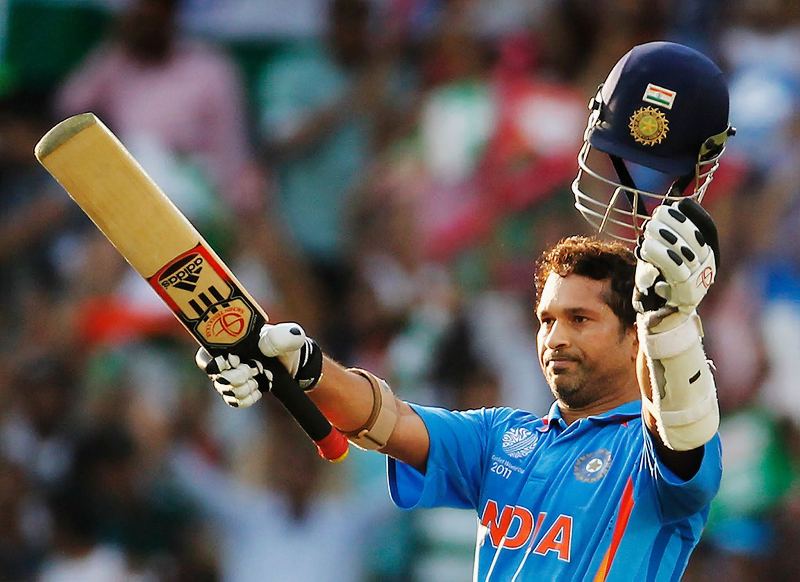
Sachin Tendulkar, the legendary Indian cricketer, may not have scored as many runs as he did in previous World Cups, but his impact was undeniable. Tendulkar’s 482 runs at an average of 53.55 provided stability to India’s batting lineup. His experience and expertise were invaluable assets to the team’s success.
Biography
Sachin Tendulkar, often referred to as the “Master Blaster” or “Little Master,” is a cricketing icon whose name is synonymous with excellence and records. Born on April 24, 1973, in Mumbai, India, Tendulkar made his international debut at the age of 16, becoming the youngest player to represent India in Test cricket. Throughout his illustrious career spanning over two decades, Tendulkar rewrote the record books, amassing over 34,000 international runs and scoring 100 international centuries, feats that may never be equaled.
5. Lasith Malinga (Sri Lanka)
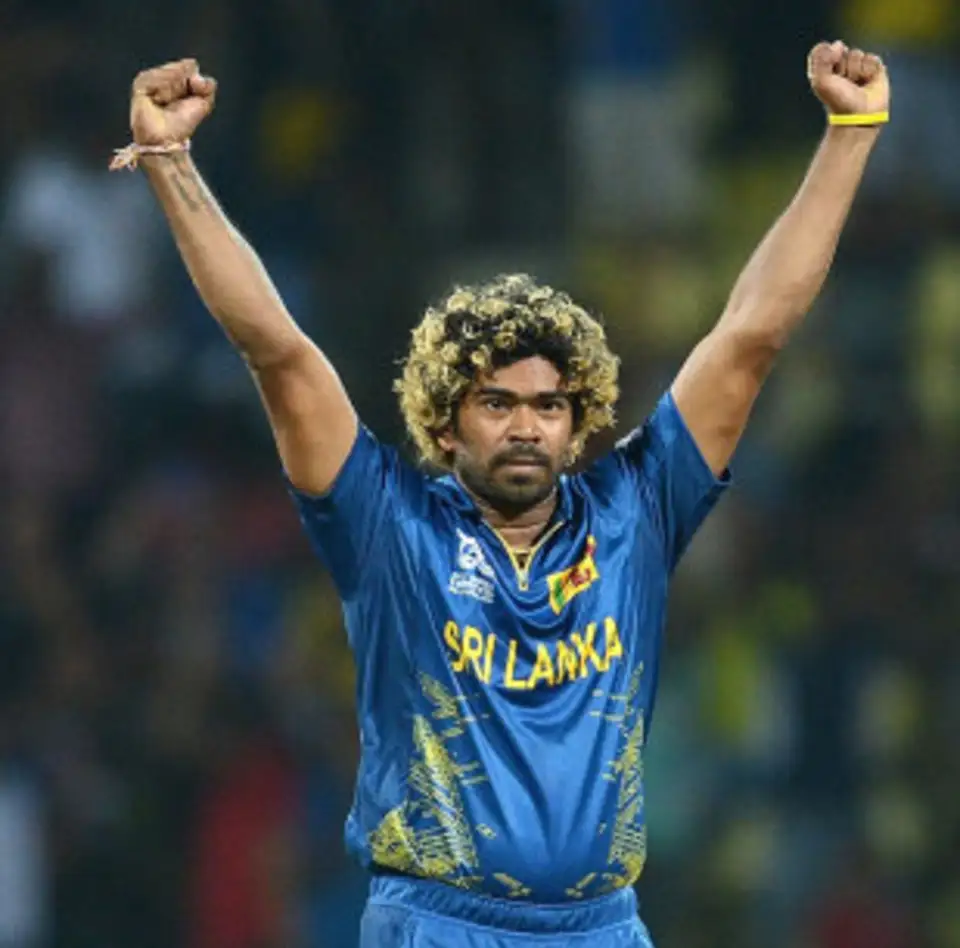
Lasith Malinga, known for his sling-action bowling, was the leading wicket-taker of the 2011 World Cup. Malinga’s ability to bowl lethal yorkers and deceive batsmen with his variations earned him 22 wickets in the tournament. His fiery spells often provided crucial breakthroughs for Sri Lanka.
Biography
Lasith Malinga, born on August 28, 1983, in Galle, Sri Lanka, is widely regarded as one of the most lethal fast bowlers in cricket history. Known for his distinctive sling-action bowling style and deadly yorkers, Malinga has left an indelible mark on the sport. He made his international debut for Sri Lanka in 2004 and quickly rose to prominence with his ability to consistently trouble batsmen with his unorthodox deliveries. Malinga’s proficiency in limited-overs cricket, especially in the shorter formats, earned him the nickname “Slinga Malinga.” Over the years, he became a key figure in Sri Lanka’s bowling attack, delivering crucial breakthroughs in crucial moments. With numerous records to his name, including the most number of hat-tricks in international cricket, Malinga’s impact on the game is undeniable.
6. Zaheer Khan (India)
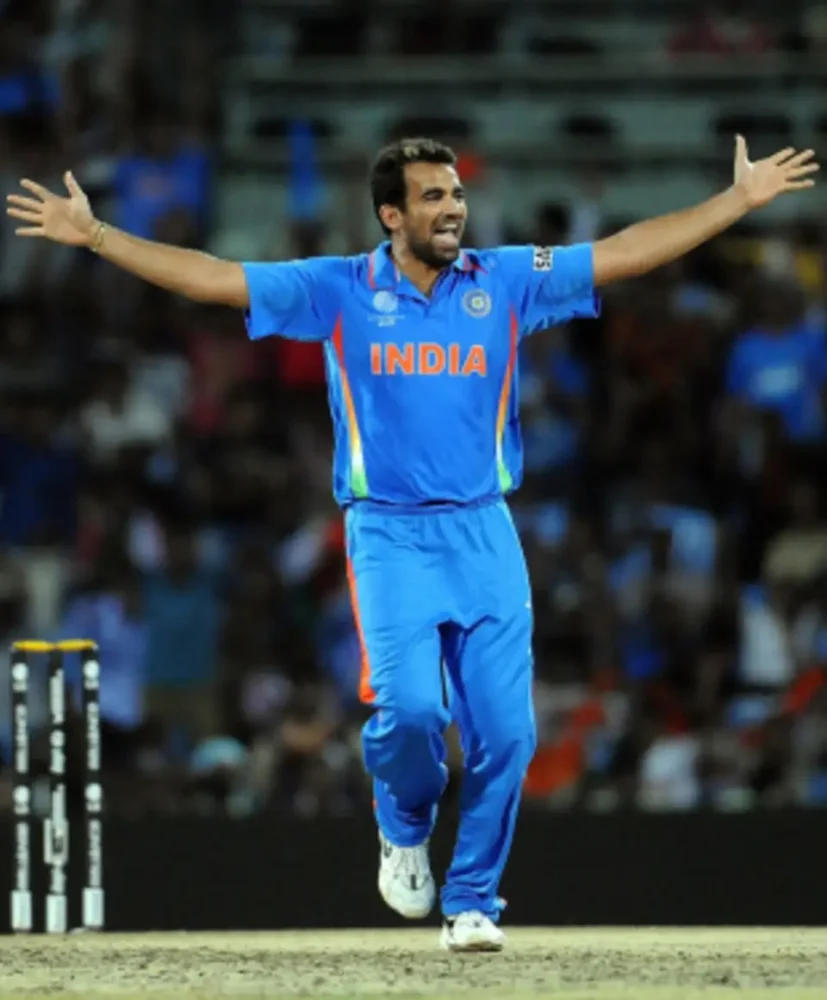
Zaheer Khan, India’s premier fast bowler, played a vital role in India’s bowling attack during the 2011 World Cup. Khan’s ability to swing the ball and his mastery over reverse swing made him a potent threat to opposition batsmen. He claimed 21 wickets in the tournament, playing a crucial role in India’s title triumph.
Biography
Zaheer Khan, born on October 7, 1978, in Shrirampur, Maharashtra, India, is one of the most accomplished fast bowlers in Indian cricket history. With his left-arm pace and ability to swing the ball both ways, Zaheer made significant contributions to the Indian cricket team across all formats. He made his international debut in 2000 against Kenya and soon became a mainstay in the Indian bowling attack. Zaheer’s career highlights include pivotal performances in major tournaments such as the 2003 and 2011 Cricket World Cups, where he played crucial roles in India’s campaigns.
7. Shahid Afridi (Pakistan)
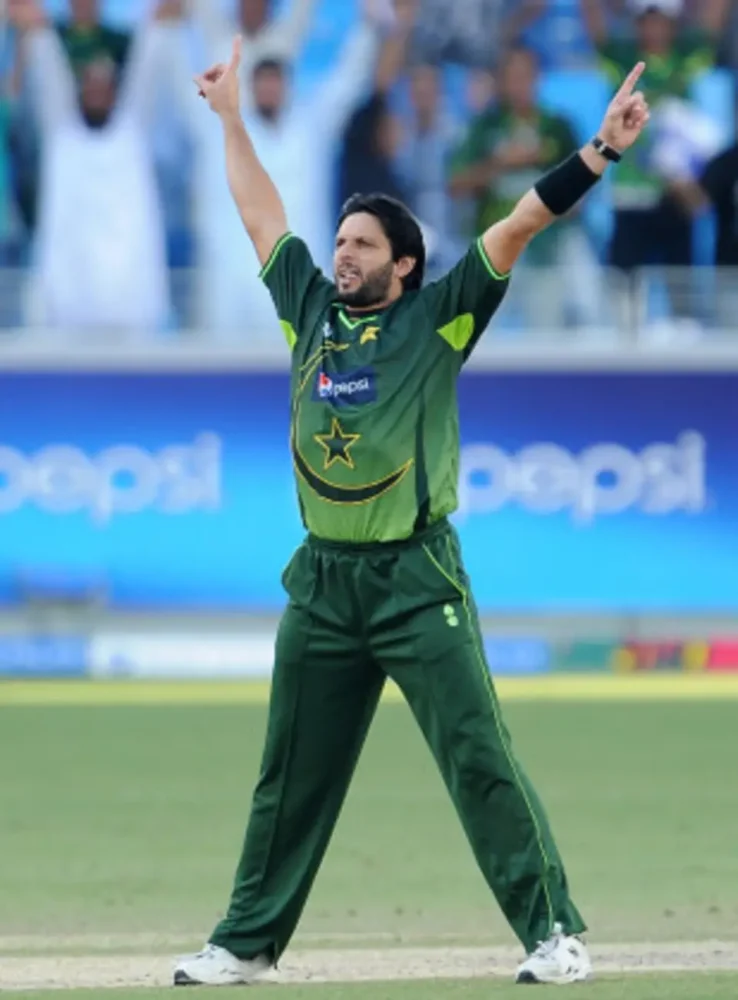
Shahid Afridi, the dynamic all-rounder from Pakistan, had a memorable World Cup campaign in 2011. Afridi’s aggressive batting and effective leg-spin bowling were instrumental in Pakistan’s journey to the semi-finals. He scored 84 runs and took 21 wickets, showcasing his match-winning abilities.
Biography
Shahid Afridi, born on March 1, 1980, in Khyber Agency, Pakistan, is a cricketing icon known for his explosive batting style and effective leg-spin bowling. Nicknamed “Boom Boom Afridi” for his aggressive approach to the game, Afridi made his debut for the Pakistan cricket team at the age of 16, becoming the youngest player to represent Pakistan in an international match. He quickly gained attention for his blistering batting performances, notably scoring the fastest century in One Day International (ODI) cricket off just 37 balls against Sri Lanka in 1996, a record that stood for nearly two decades.
2011 Cricket World Cup: Match Results and Scores
| Match | Date | Teams | Venue | Result | Winning Team | Losing Team | Man of the Match |
|---|---|---|---|---|---|---|---|
| Match 1 | Feb 19 | India vs Bangladesh | Dhaka | IND won by 87 runs | India | Bangladesh | Virender Sehwag |
| Match 2 | Feb 20 | New Zealand vs Kenya | Chennai | NZ won by 10 wickets | New Zealand | Kenya | Brendon McCullum |
| Match 3 | Feb 20 | Sri Lanka vs Canada | Hambantota | SL won by 210 runs | Sri Lanka | Canada | Tillakaratne Dilshan |
| Match 4 | Feb 20 | Australia vs Zimbabwe | Ahmedabad | AUS won by 91 runs | Australia | Zimbabwe | Shane Watson |
| Match 5 | Feb 21 | England vs Netherlands | Nagpur | ENG won by 6 wickets | England | Netherlands | Ryan ten Doeschate |
| Match 6 | Feb 22 | South Africa vs West Indies | Delhi | SA won by 7 wickets | South Africa | West Indies | Imran Tahir |
| Match 7 | Feb 23 | Pakistan vs Kenya | Hambantota | PAK won by 205 runs | Pakistan | Kenya | Shahid Afridi |
| Match 8 | Feb 24 | India vs England | Bengaluru | Match Tied | – | – | – |
| Match 9 | Feb 25 | Sri Lanka vs Pakistan | Colombo | PAK won by 11 runs | Pakistan | Sri Lanka | Shahid Afridi |
| Match 10 | Feb 25 | Bangladesh vs Ireland | Dhaka | BAN won by 27 runs | Bangladesh | Ireland | Shakib Al Hasan |
| … | … | … | … | … | … | … | … |
| Quarterfinal 1 | Mar 23 | Pakistan vs West Indies | Dhaka | PAK won by 10 wickets | Pakistan | West Indies | Shahid Afridi |
| Quarterfinal 2 | Mar 24 | India vs Australia | Ahmedabad | IND won by 5 wickets | India | Australia | Yuvraj Singh |
| Quarterfinal 3 | Mar 25 | South Africa vs New Zealand | Dhaka | NZ won by 49 runs | New Zealand | South Africa | Jacob Oram |
| Quarterfinal 4 | Mar 26 | Sri Lanka vs England | Colombo | SL won by 10 wickets | Sri Lanka | England | Tillakaratne Dilshan |
| Semifinal 1 | Mar 29 | Sri Lanka vs New Zealand | Colombo | SL won by 5 wickets | Sri Lanka | New Zealand | Kumar Sangakkara |
| Semifinal 2 | Mar 30 | India vs Pakistan | Mohali | IND won by 29 runs | India | Pakistan | Sachin Tendulkar |
| Final | Apr 2 | India vs Sri Lanka | Mumbai | IND won by 6 wickets | India | Sri Lanka | MS Dhoni |


